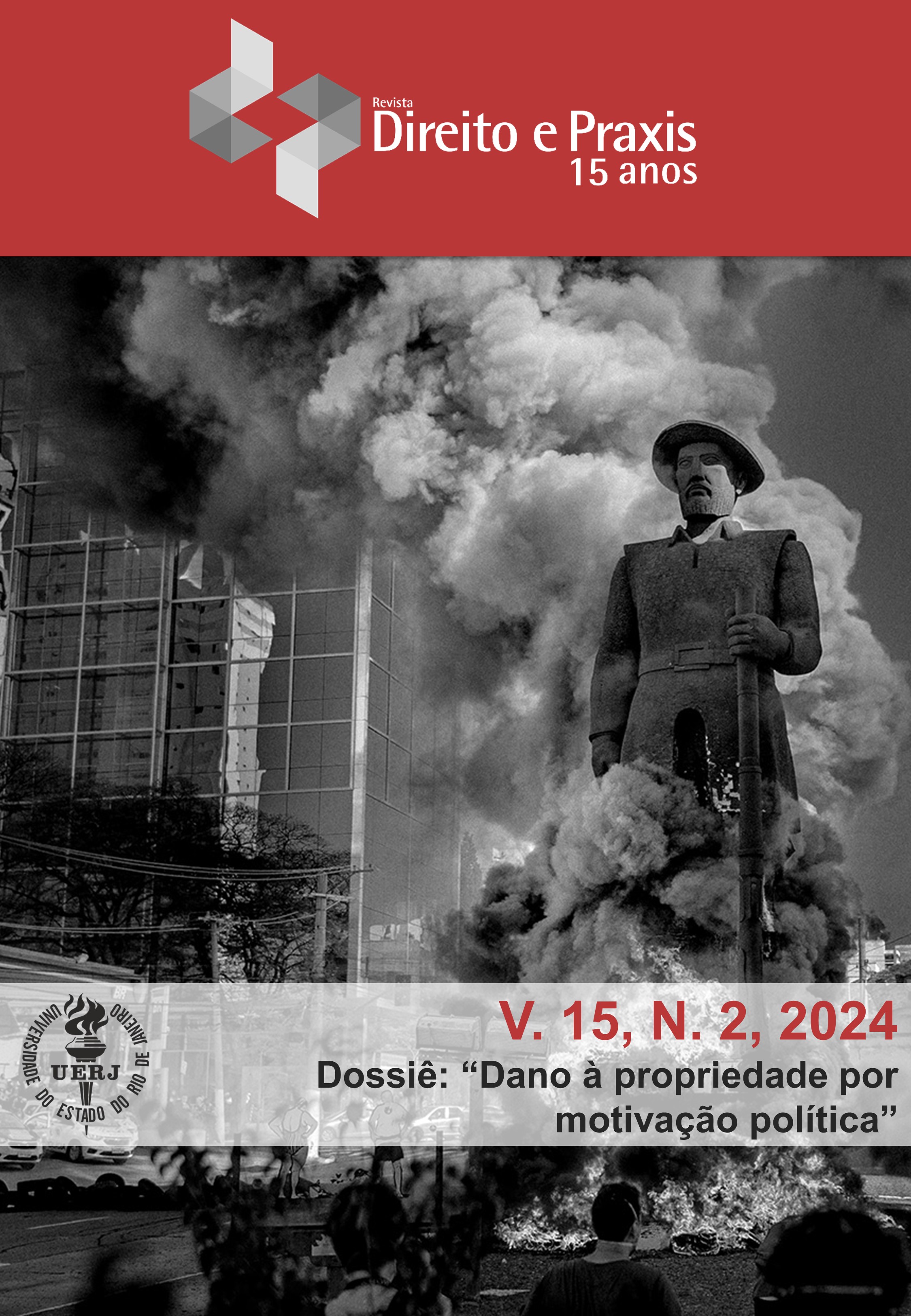The structural process as an instrument applied to the right of access to environmental information in Brazil
Keywords:
Environmental information, State duty of transparency, Structural processAbstract
https://doi.org/10.1590/2179-8966/2023/76825
Although Brazil has one of the most advanced regulatory systems in the world in terms of access to environmental information, it has a long way to go to realize this right, considering that much environmental data is fragmented, outdated or non-existent, as will be presented in this article. In this context, the following research problem arises: how to realize the right of access to environmental information in Brazil, considering its importance to guarantee an ecologically balanced environment? To answer this question, the article uses a bibliographic and documentary research with a qualitative approach. As for the type, it is exploratory and as for the objectives, it is descriptive, with a theoretical nature. As a result, evidence indicates that the country does not follow constitutional and conventional standards of right/duty of access to environmental information due to structural problems. Due to this systemic failure, it is suggested that a State of Unconstitutional and Unconventional Things be recognized in relation to the right/duty of access to environmental information in Brazil, which demands the filing of a structural lawsuit.
Downloads
Downloads
Published
How to Cite
Issue
Section
License
Copyright (c) 2023 Direito e Práxis

This work is licensed under a Creative Commons Attribution 4.0 International License.
The authors the sole responsibility for their texts.
It is allowed the total or partial reproduction of the articles of the Journal Law and Praxis, if the author is mentioned.
This work is licensed under a Creative Commons Attribution-Noncommercial-Share Alike 4.0 Unported License.
This license allows you to copy and redistribute the material in any medium or format for any purpose, even commercial, provided the original authorship is cited.
This work is licensed under a Creative Commons Attribution 4.0 International License.



